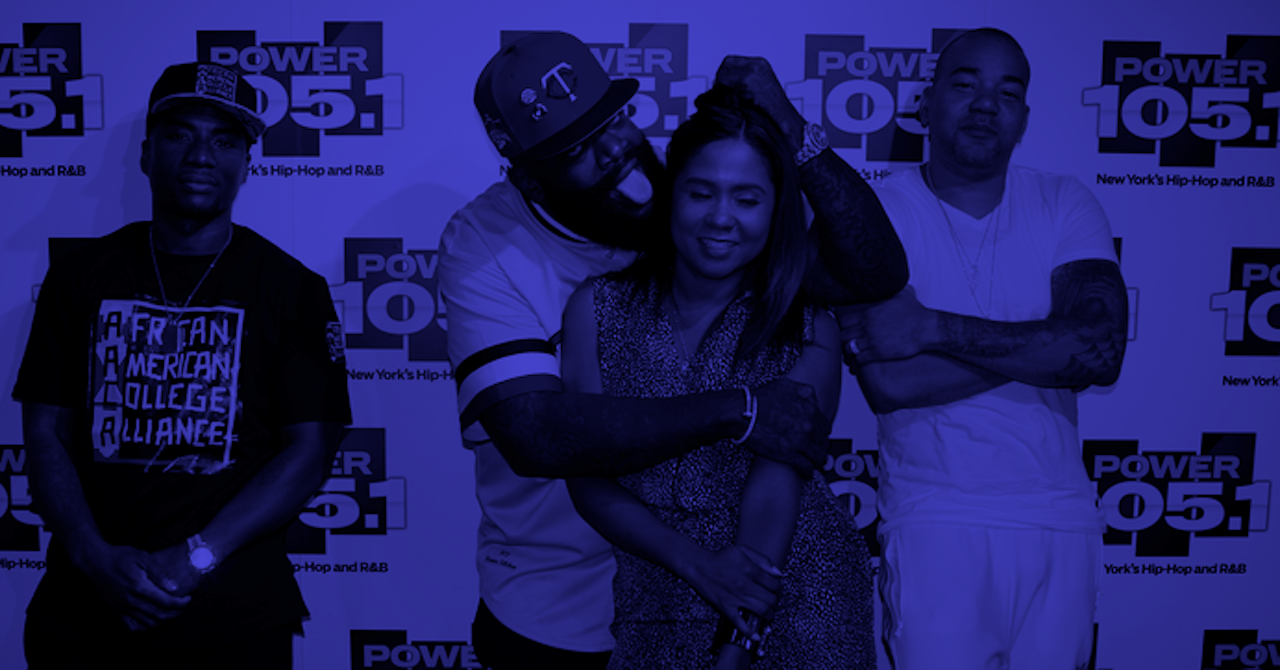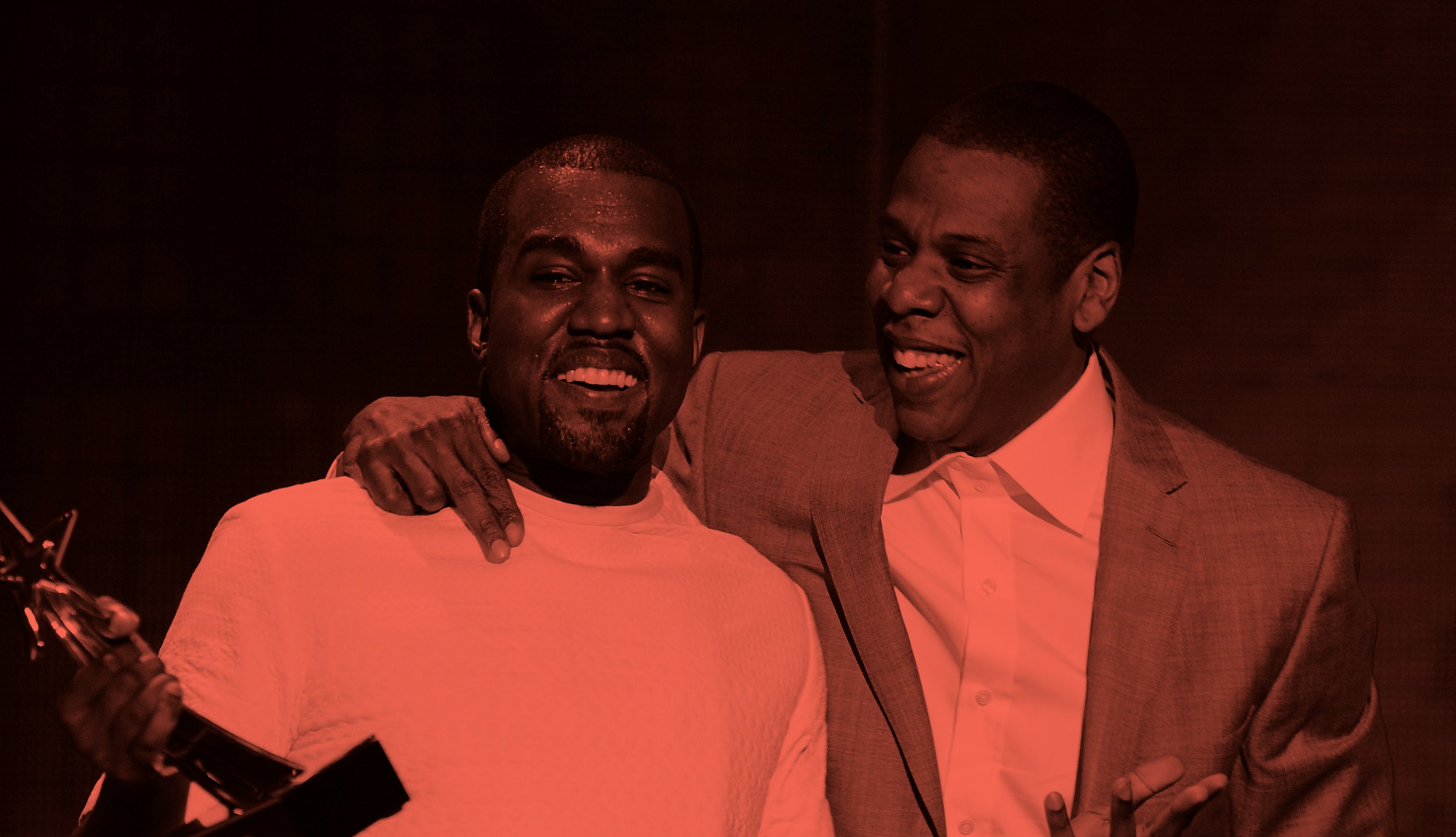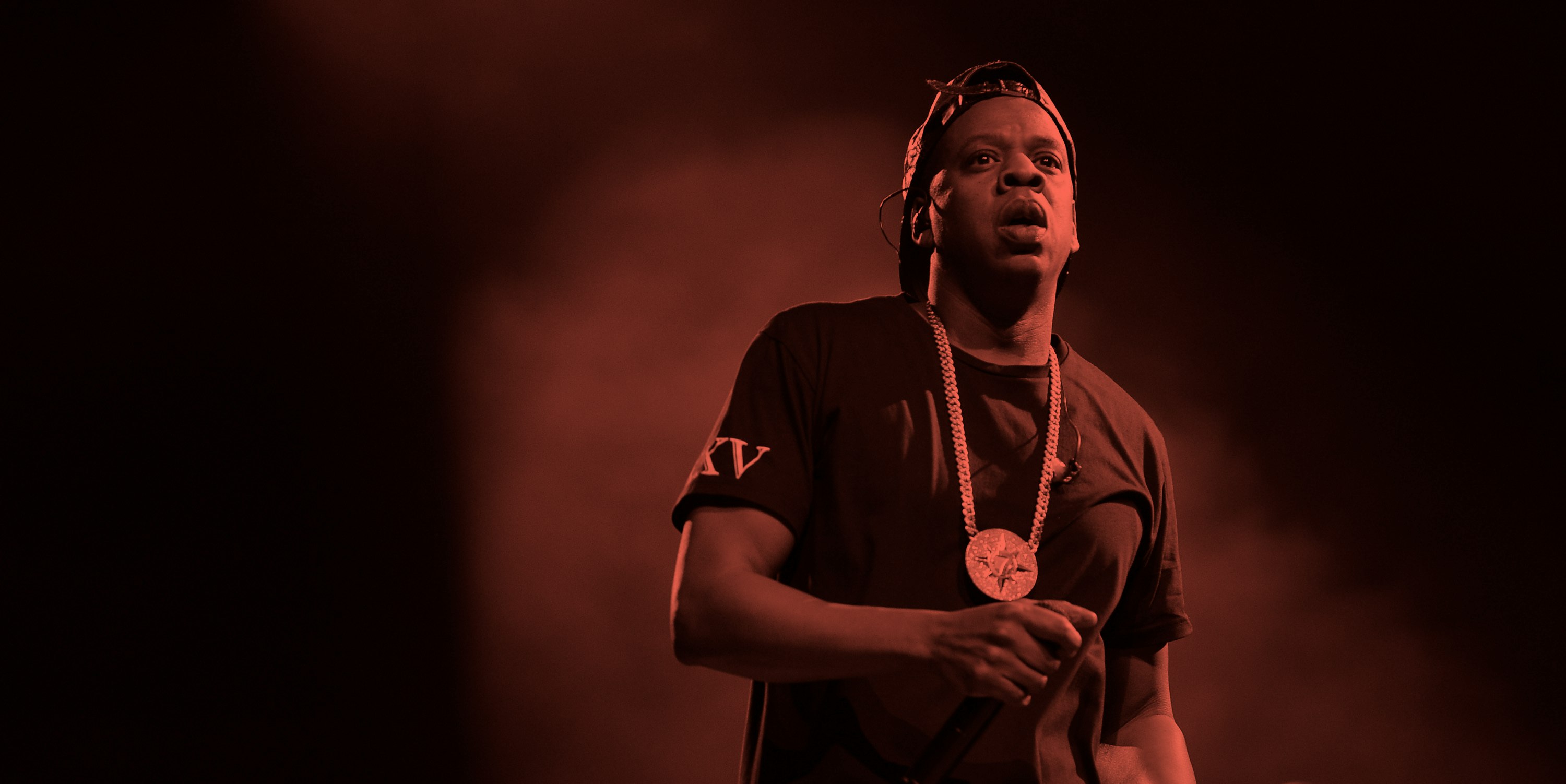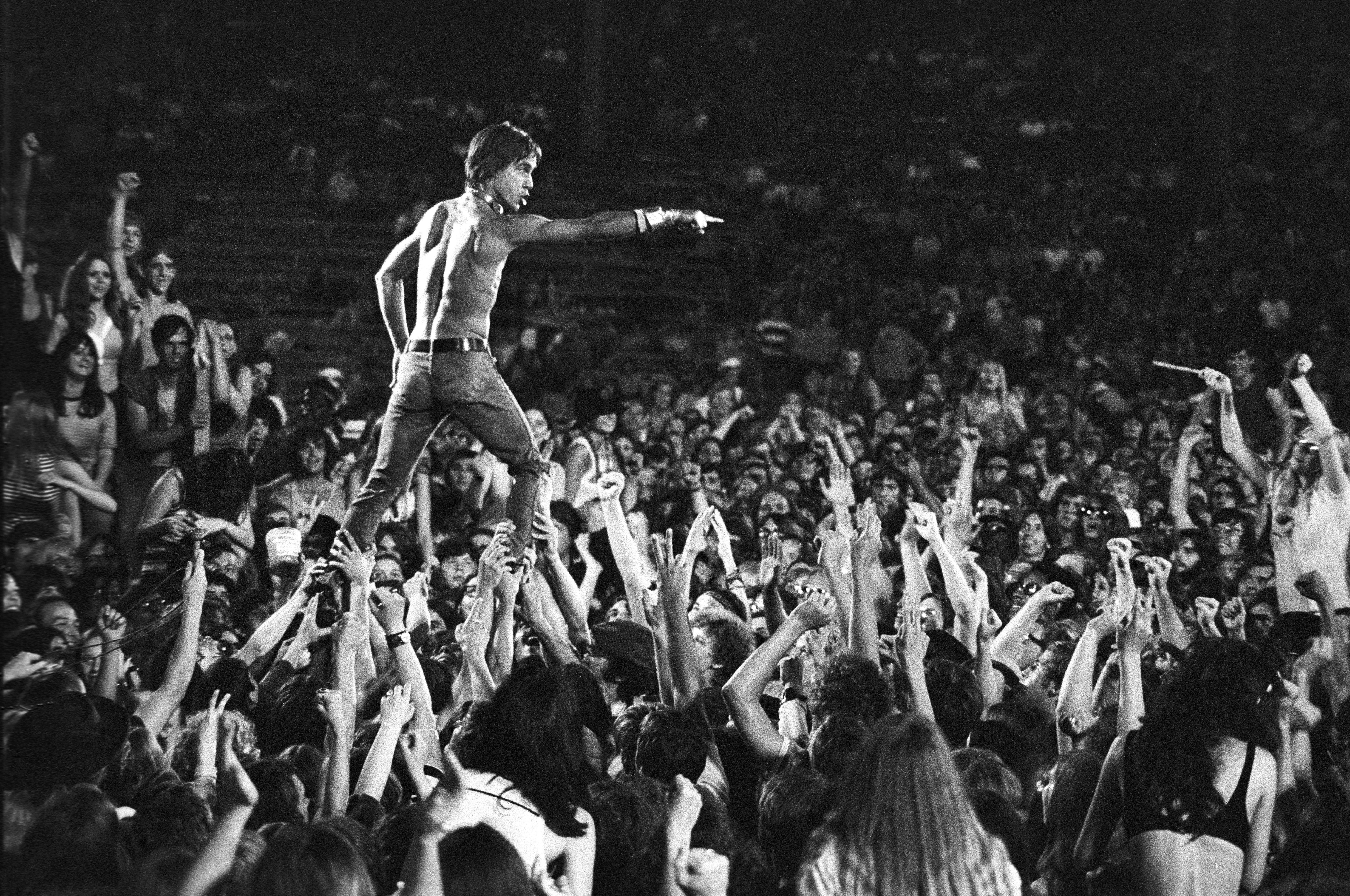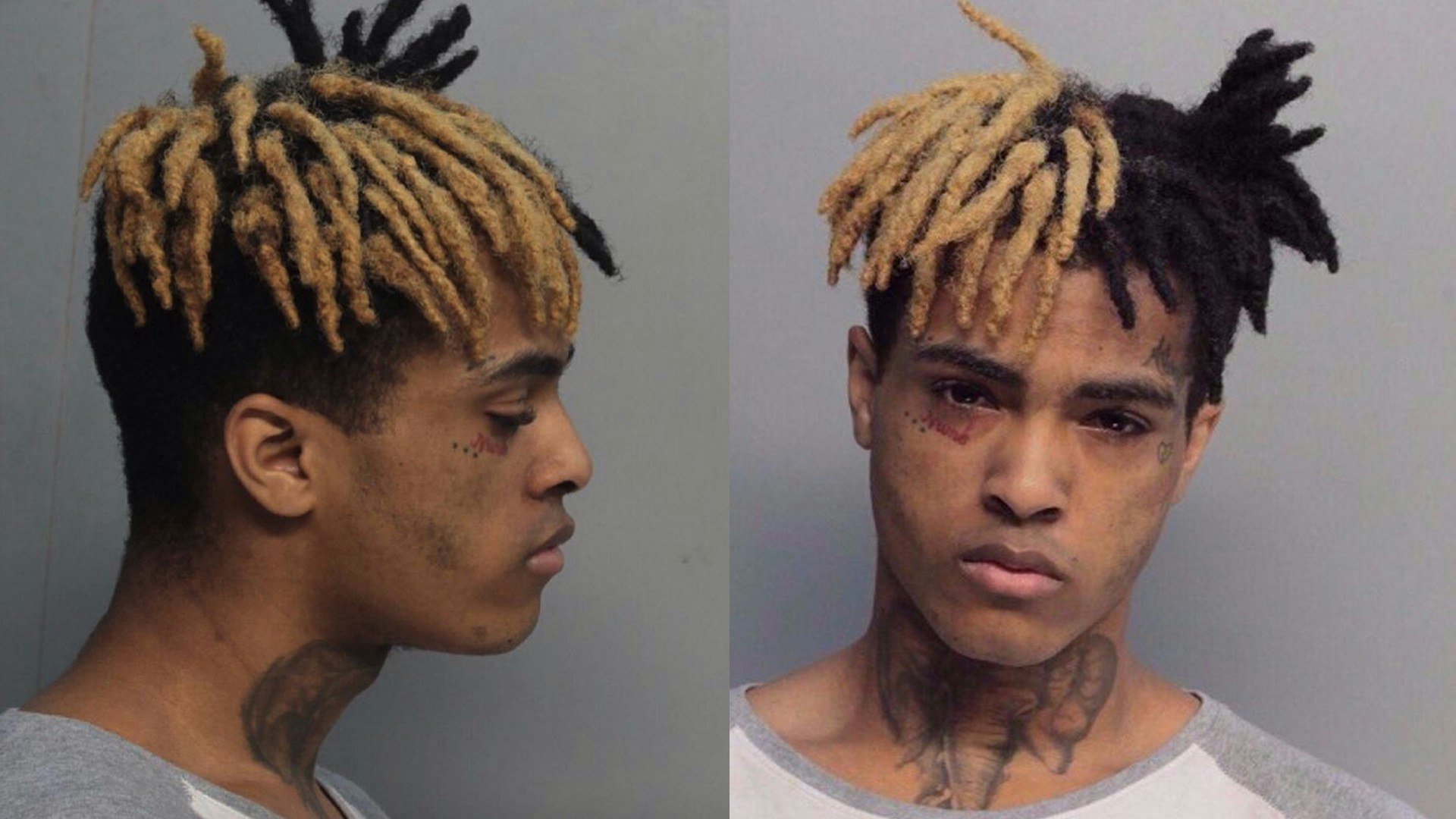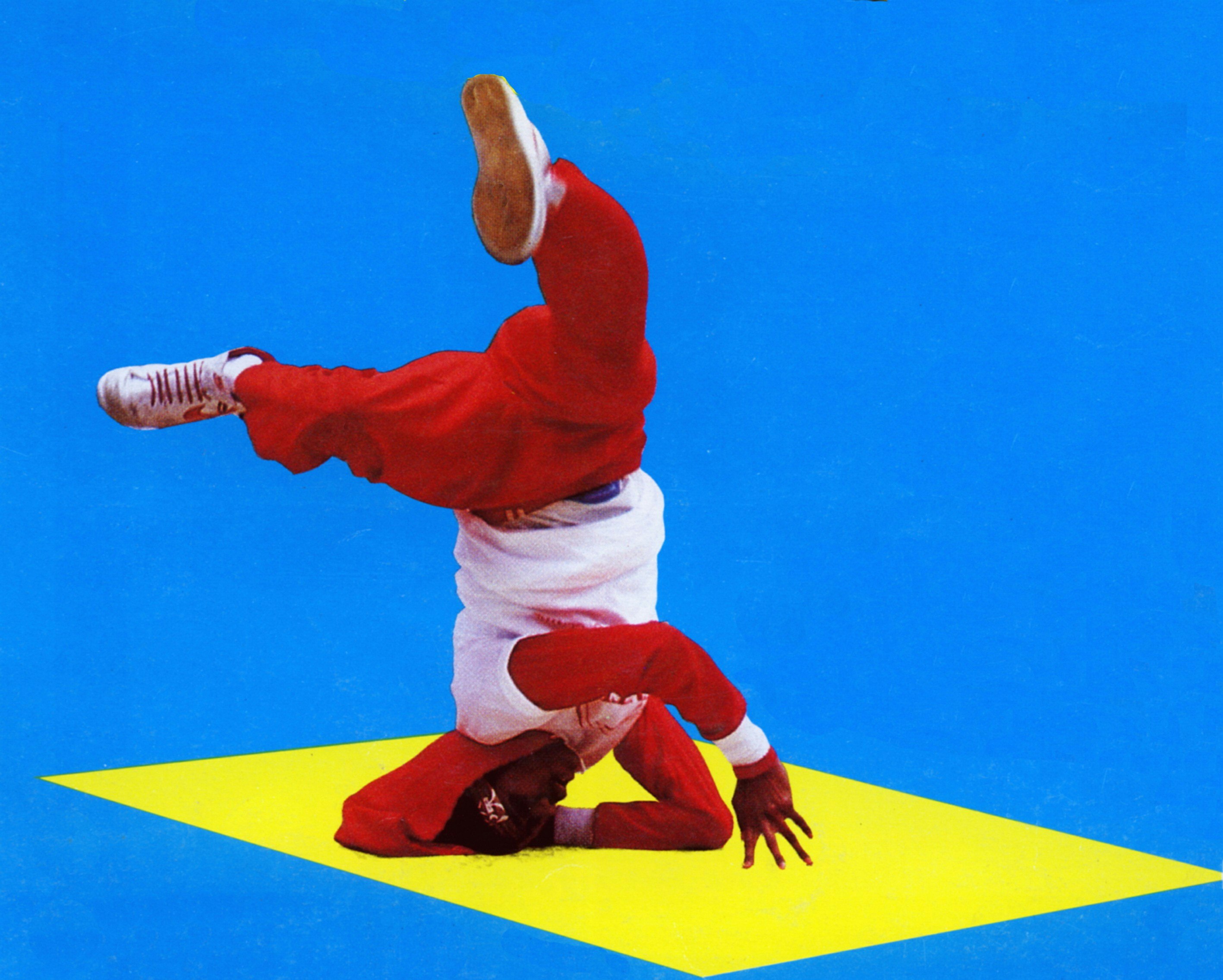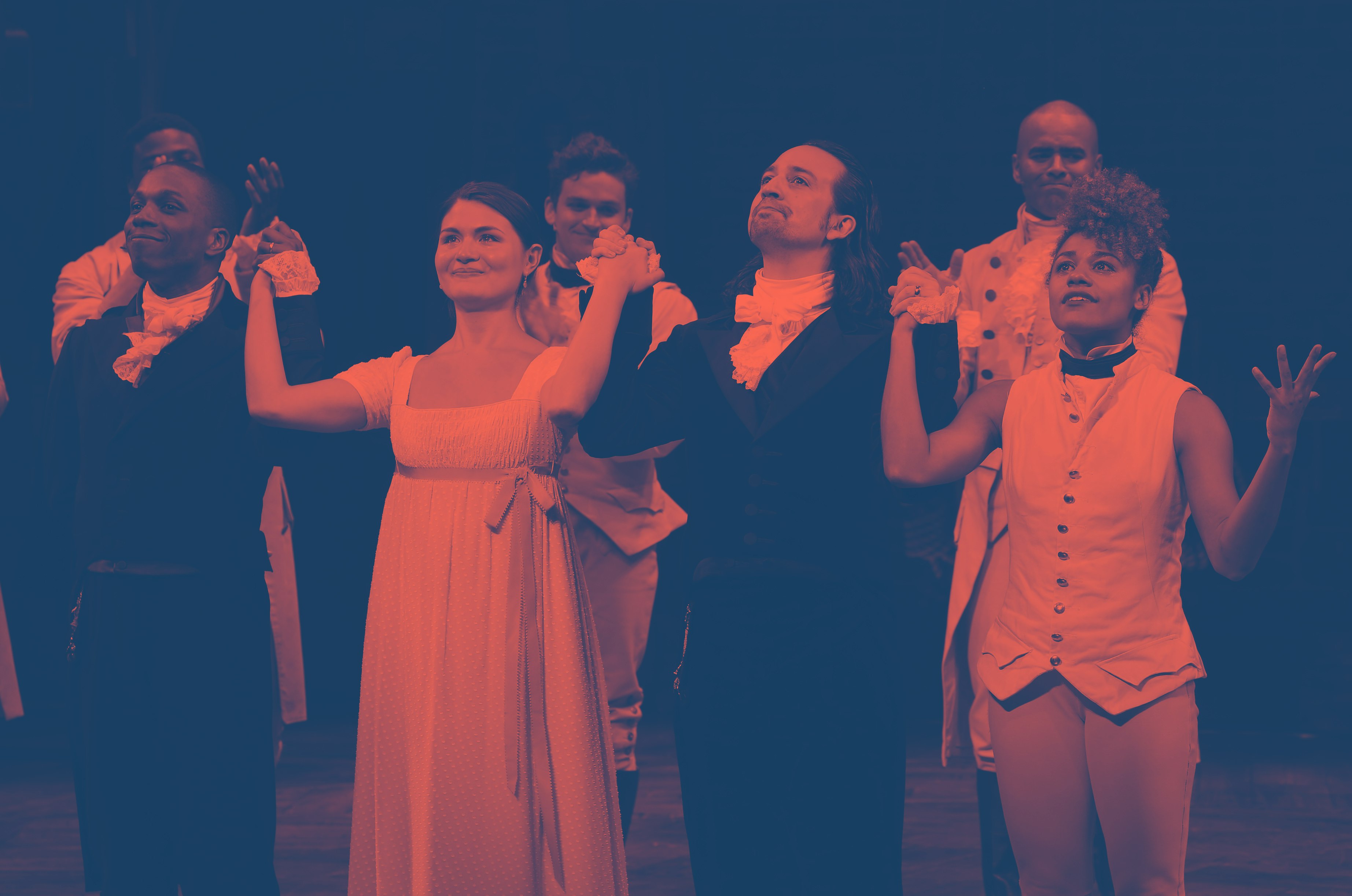On a recent episode of the morning talk show The Breakfast Club, hosts DJ Envy and Charlamagne Tha God giggled as their guest, comedian Lil Duval, made light of murdering trans women, a group whose members are routinely the target of violent crimes. “No trannies,” Lil Duval said at one point, using a slur for transgender people. The show’s third host, and its only woman, Angela Yee, responded, “Transgender. Stop it. You have to be politically correct.”
It was one of few moments during the 40-minute interview that a member of The Breakfast Club challenged, albeit softly, the comedian’s violent, transphobic rhetoric. It was one of the most disgusting episodes in the controversial show’s history. And it showed listeners everywhere just how little the people behind The Breakfast Club care about standing up for the LGBTQ community, despite the fact that Yee had invited Janet Mock on the show only a few days earlier to educate the cast about transgender issues.
People who tuned in to the episode witnessed Yee in a position she has been in many times before: attempting to temper, or remaining silent during, the misogynistic comments of her more outrageous men co-hosts — comments that are often directed at women of color. Nevertheless, in the ensuing backlash from the Lil Duval episode, Yee fielded her fair share of criticism along with Envy and Charlamagne. On Twitter, listeners labeled her a coward, an enabler, and trash, amongst other things. All of her critics seemed to have the same question: Why, in a room full of men joking about murdering women, did Yee remain mostly silent?
Here is the 2nd part of the discussion about transgenders with @lilduvalpic.twitter.com/o7gq0zs1P5
— The Breakfast Club (@breakfastclubam) July 30, 2017
It wasn’t Yee’s first time fielding such criticism, and it will not be her last. After a July 24 episode of the show, during which guest Rick Ross repeatedly sexually harassed her while her co-hosts laughed, people wondered, again, why she did not just stick up for herself. In a March 2016 episode, guest K. Michelle took Yee to task for not sticking up for her, “as a woman”, in a previous interview where artists Maino and Uncle Murda made sexist comments about her. Envy and Charlamagne, being men, were exempt from K. Michelle’s criticism. The list of double standards Yee has faced while on the show goes on and on, while the actions of her co-hosts are routinely excused as playful banter by the show’s fans.
From The Breakfast Club to Hot 97’s Ebro in the Morning to Complex’s web series Everyday Struggle, it seems no hip-hop talk show is complete without its token woman host. But these latest dust-ups on The Breakfast Club beg the question of what it is audiences, and the show’s producers themselves, want out of the lone women on these largely men-driven shows. Yee and her contemporaries — Nadeska Alexis of Everyday Struggle and Laura Stylez of Ebro in the Morning — are expected to both advocate for women in hip-hop and, at the same time, be one of the boys. But more often than not, especially in the case of The Breakfast Club and Everyday Struggle, they are interrupted, talked over, or — outside of the walls of the recording studio — scapegoated for their shows’ failings.
“Transgender. Stop it. You have to be politically correct.”
And oftentimes, they are only given the lead when the show’s guest is a woman. Overall, the interactions between women hosts and their male co-hosts illustrate the pressures women of color in hip-hop face — using their platforms to advocate for marginalized groups while simultaneously being marginalized themselves — without the support of those who claim to be their biggest allies: cis-straight men in the industry. Truly, if you want to learn about the state of allyship in hip-hop today, these talk shows best illustrate how the pressure to advocate for marginalized groups falls largely on members of those groups themselves, especially — when it comes to hip-hop — on women of color with a platform.
Yee and Stylez in particular do use their voices to speak up on issues that are important to them. For example, it was Yee who asked Ross why he doesn’t sign women to his Maybach Music Group record label. His reply — that he “would end up fucking a female rapper and fucking the business up” — drew laughs from Envy and Charlamagne that drowned out Yee’s measured protestation, “That’s awful.” Stylez, being on a show with a less controversial tone, is put in the advocate position less often than Yee. Still, as an experienced host, she holds her own in interviews.
We talked to Ann-Derrick Gaillot about this story on our daily podcast, The Outline World Dispatch. Subscribe on Apple Podcasts or wherever you listen.
And it’s not as though these “token” hosts need their male counterparts to make a show. Yee has hosted her own show in the past. In addition to The Breakfast Club, Yee hosts Lip Service, a podcast about love and sex that features some of the biggest names in hip-hop. On the show, with co-hosts Stephanie Santiago and Gigi Maguire, the kind of commentary that goes unheard on The Breakfast Club is expressed loud and clear, as in an episode from last year where guest YG insisted it’s ok to call anyone, even a woman, a bitch. Though her fellow hosts agreed with YG, Yee took the opposite stance and was allowed to voice her dissenting opinion, and did so unapologetically. Stylez, too, has hosted her own show on SiriusXM and currently hosts her own sex and relationships podcast, Improper Etiquette, with Married to the Mob CEO Leah McSweeney. Together, the podcasts demonstrate how much easier it is for women hosts to take the lead on independently produced shows covering love and sex rather than corporate-sponsored ones covering hip-hop in general.
Yee, Stylez, and Alexis are not completely off the hook, though, when it comes to the responsibilities their shows have to stick up for marginalized groups. Having such a visible platform, all bear some measure of responsibility to speak up for others. Stylez is put in the position of doing so every time her show features a sexist/racist segment like “Do Black & Spanish women have an attitude problem?” and “Are Black Women Afraid To Date Out Of Their Race?. Meanwhile Alexis giggled along with her co-hosts in a recent episode of Everyday Struggle while they discussed singer Bobby Valentino's allegedly having run out on a transgender sex worker without paying.
But should they challenge their co-hosts as much as their critics want them to, they’re likely to be labelled aggressive, bitchy, and difficult to work with, labels that have made work lives hell for many companies’ lone woman, person of color, and/or LGBTQ person. Not to mention the problematic folks they’re meant to confront were invited by the very people who sign their paychecks. Even their roles as hosts are qualified by virtue of their gender. For example, Yee was introduced to her spot at The Breakfast Club when Paul Rosenberg told her they were “looking for a female.” No doubt, DJ Envy and Charlamagne Tha God were not signed on as males for the show but rather just hosts without any gendered qualification.
One glimmer of hope in the nationally broadcast hip-hop talk show world comes from Sway in the Morning, where hosts Sway, Heather B., and Tracy G. seem to actually treat each other with mutual respect and as equally worthy contributors to the show. Otherwise, talk shows where women of color aren’t tokenized are few and far between.
Overall, tokenizing is not a problem that begins and ends with hip-hop. The interactions viewers and listeners witness on The Breakfast Club, Everyday Struggle, and Ebro in the Morning are happening in workplaces all over the country, within the entertainment industry and elsewhere. When these shows fuck up — as The Breakfast Club did when it gave Lil Duval a platform, as Ebro in the Morning did when it didn’t push A$AP Ferg on the subject of A$AP Bari’s alleged sexual assault, and as, in my opinion, Everyday Struggle does for having Budden as a host at all — they deserve to be criticized and even boycotted. But in taking these shows to task, critics must also examine how our expectations of what a lone, woman host should be feed into the oppression that we look to them to fight against. The responsibility to change their environments should not rest on the women hosts of those shows alone.
